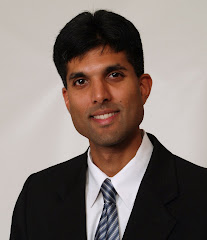Bruce Perry, MD, PhD, the lead author of the Childhood Trauma article referenced earlier, is a child psychiatrist and brain scientist at Baylor College of Medicine. I attended medical school at Baylor, and when Perry taught, his passion for preventing trauma and safeguarding children made a deep impression on us.
While resiliency should be bolstered in all reasonable and rational ways, we must keep another eye towards preventing traumatic stimuli; because bouncing back from every trauma may not be neuro-biologically possible. It is useful to know that traumatic stimuli -- even in the absence of a physical blow or injury -- induce a cascade of neurotoxic insults to brain tissue. Sometimes we can clear the toxin, and sometimes our coping skills are overwhelmed.
Equally important, if we believe that resiliency is possible for everyone, then we secretly judge those who do not demonstrate resiliency as weak or “not trying hard enough.” While resilience is of the utmost importance to pursue, we in the field should never confuse non-recovery from trauma as evidence of failed resilience.
Our duty in trauma work is to temper the discourse of resilience with the reality that some people do not recover. Prevention being the best medicine is why those of us who work in trauma recovery are indebted not only to appropriate law enforcement, but also to the champions of human, civil, and children rights.


1 comment:
Siddharth, thank you, this is such an important point to remember. Resilience is no magic bullet, and no substitute for preventing all the unnecessary damage that people suffer. What this reminded me is that we need to work just as hard at changing the social norms that tolerate brutality and war as we do at healing the outcomes of those events.
Post a Comment